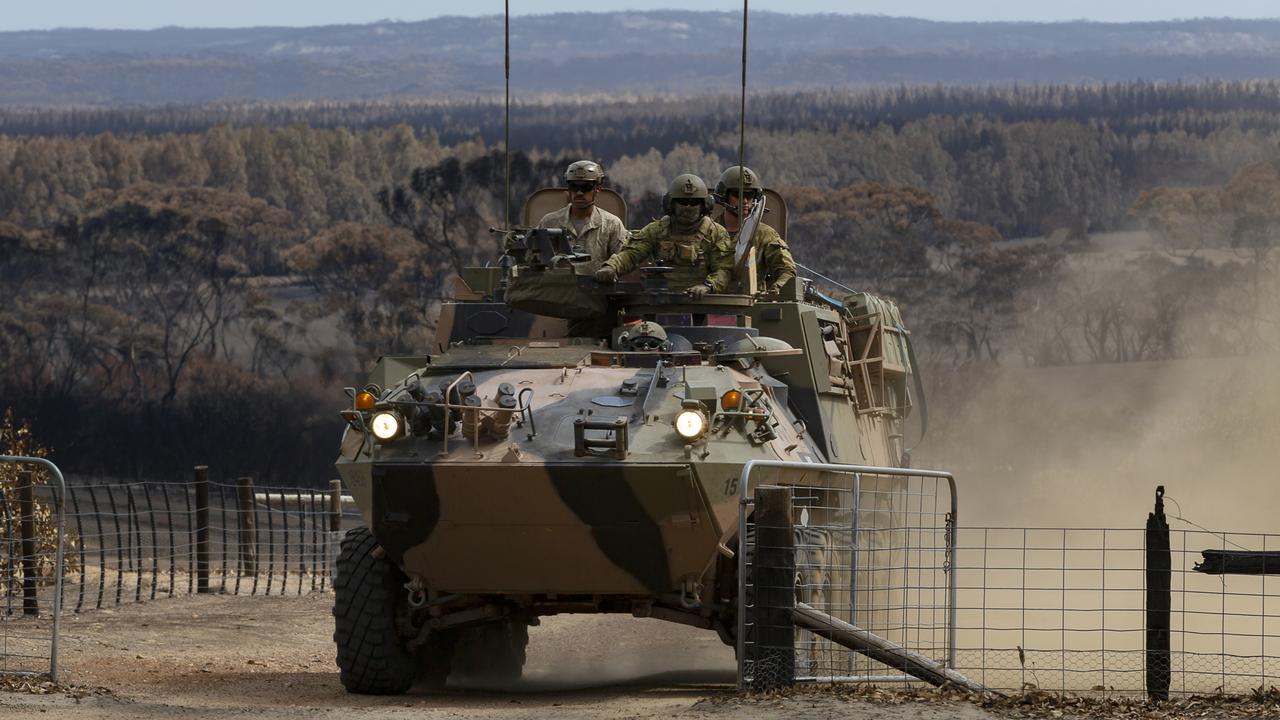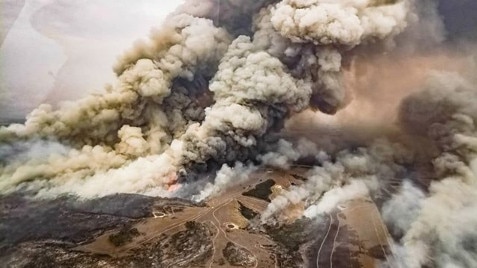Australian Defence Force depart Kangaroo Island following Operation Bushfire Assist
The Defence Force’s JTF 1111 formed on January 4, moved to Kangaroo Island the following day and stayed there until today. Here’s what they did to help the community recover.
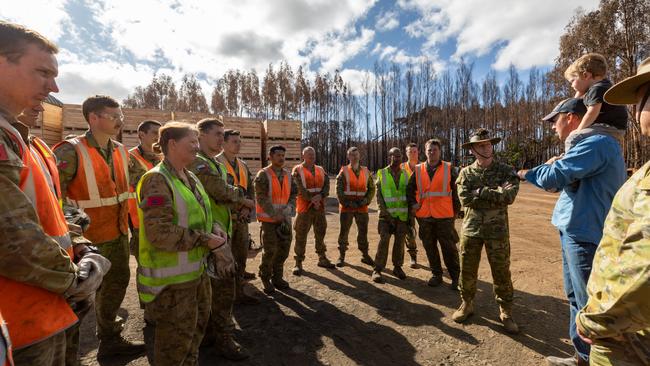
SA News
Don't miss out on the headlines from SA News. Followed categories will be added to My News.
- Bushfire crisis made us the poster child for climate change inaction
- Koala population plummets to 5000-10,000
- Residents struggle with long clean-up
The last Australian Defence Force personnel have left Kangaroo Island today after a huge bushfire relief effort but soldiers stand ready to assist again if needed.
Commander of Joint Task Force 1111 Brigadier Damian Cantwell said his troops felt it was a privilege and an honour to serve the KI and Adelaide Hills communities in a time of dire need and were ready to return if requested.
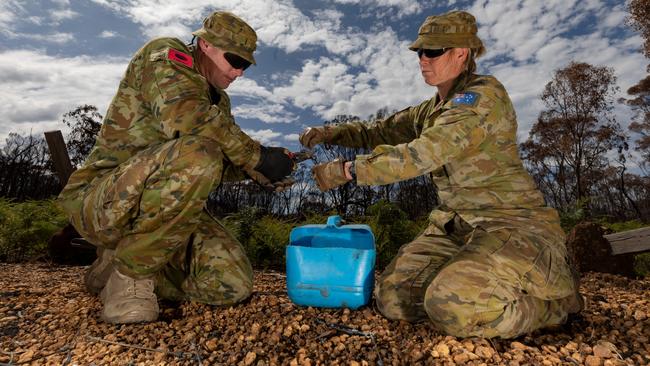
“In 37 years with the ADF and two years part time I found this to be one of the most personally rewarding and uplifting operations I have been involved with,” he said.
JTF 1111 formed on January 4 and was on KI the following day, immediately commencing what ended up being 506 support tasks as well as 576 tasks in the Hills.
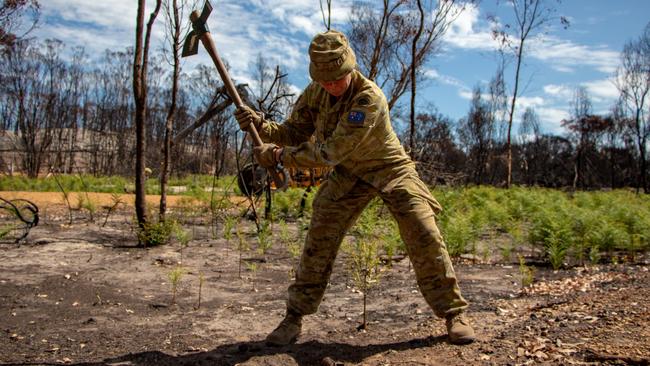
In that time the mix of 1400 full time and part time soldiers, from across Australia and supported by New Zealand and Japanese colleagues, met goals on KI including:
– Purified almost 4 million litres of water for drinking and stock, as the island faced running out due to firefighting efforts;
– Cleared 159km of fire containment lines with the CFS;
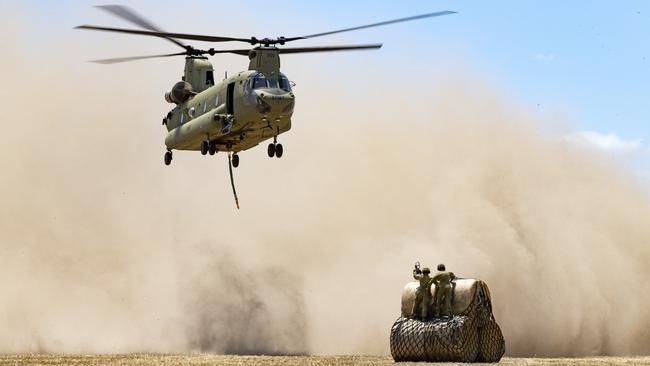
– Distributed fodder for stock including from Chinook helicopters;
– Cleared 730km of fencelines of debris and damage;
– Collected and buried untold dead stock and wildlife which loomed as a biohazard and cared for injured animals;
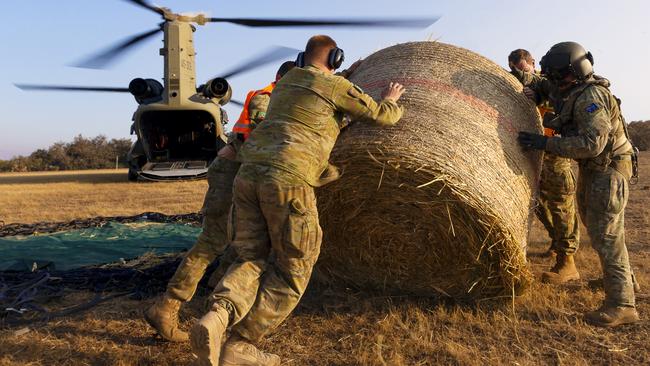
– Helped SAPOL with traffic control and CFS with aerial surveillance of fires;
– Put on a free morale-boosting concert for 2500 in Parndana with catering;
– Had two large RAAF aircraft flown from Queensland on standby at Edinburgh for evacuation if needed;
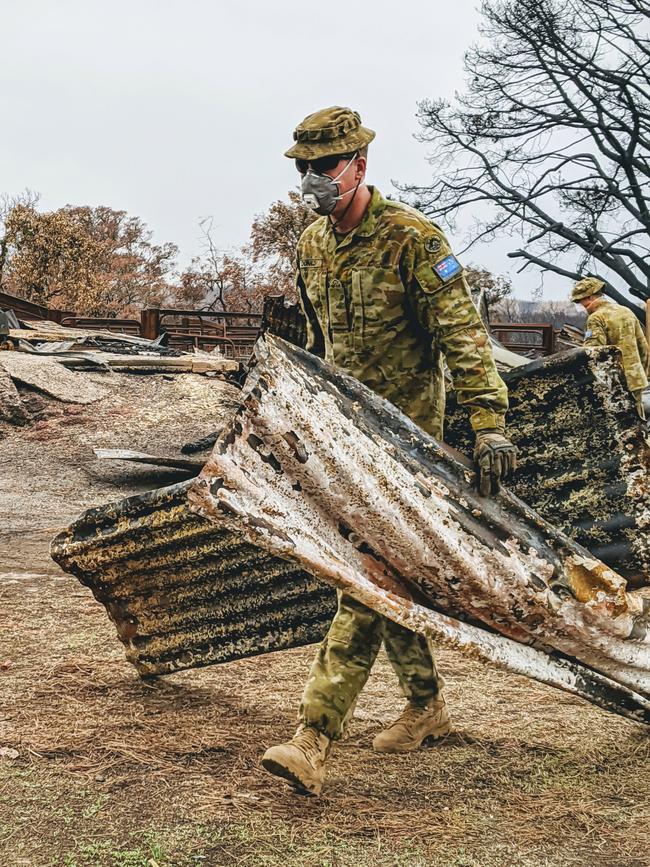
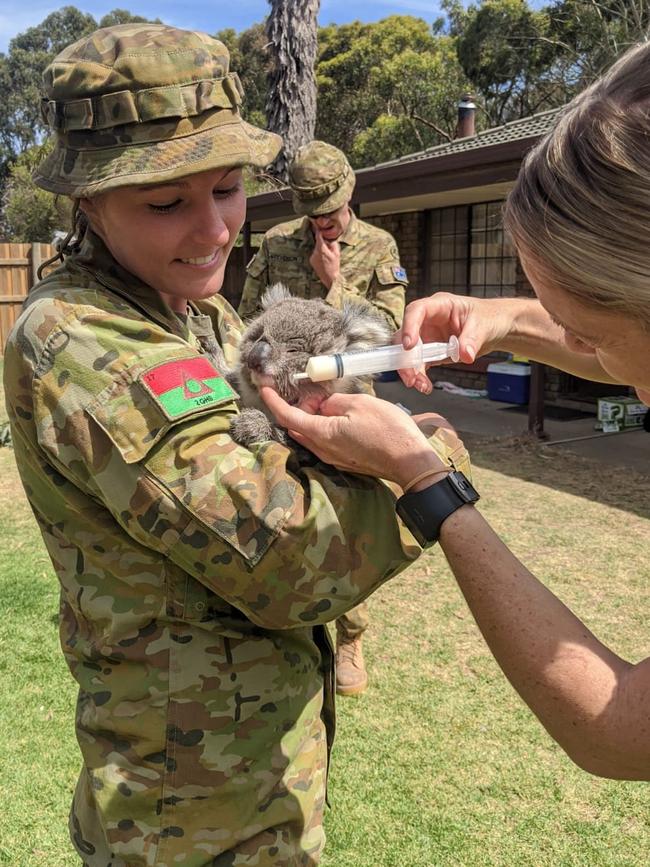
– Built 500 pine crates for potato farmers to dispose of damaged crops and get good crops to market;
– Provided mental health workers to a community dealing with shock;
– Ferried CFS and SES teams to fire-affected areas by RAAF aircraft and set i[ accommodation and provided catering for them.
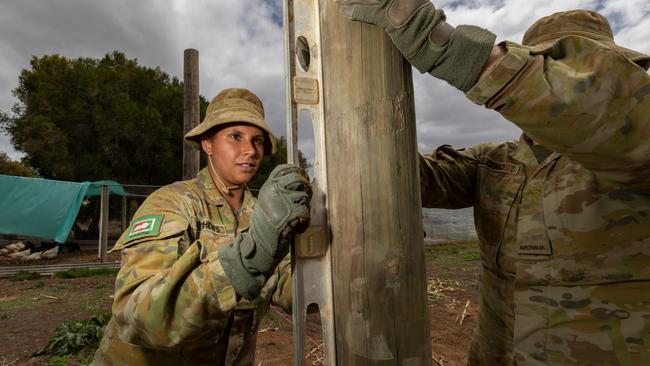
Brig. Cantwell said from chainsawing trees to picking up animal carcasses it was hard work but all involved felt it was a privilege to serve.
“There was no question about their dedication and commitment, and the local community made us very welcome,” he said.
“The emergency services, NGOs and communities in both locations showed tremendous spirit.
“It was an enormous undertaking, but it is not over, we recognise there is a long and difficult road to recovery ahead and the ADF stands ready to return if requested through the State Recovery Office.”
